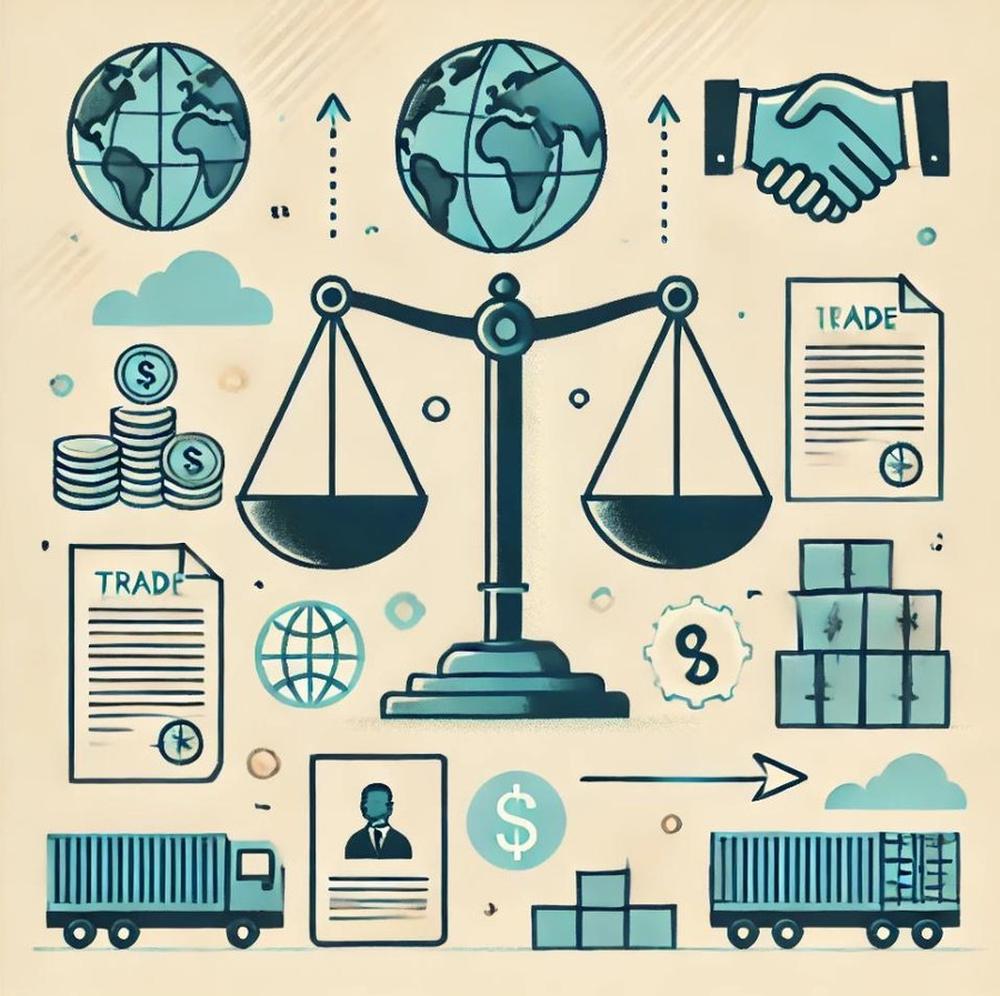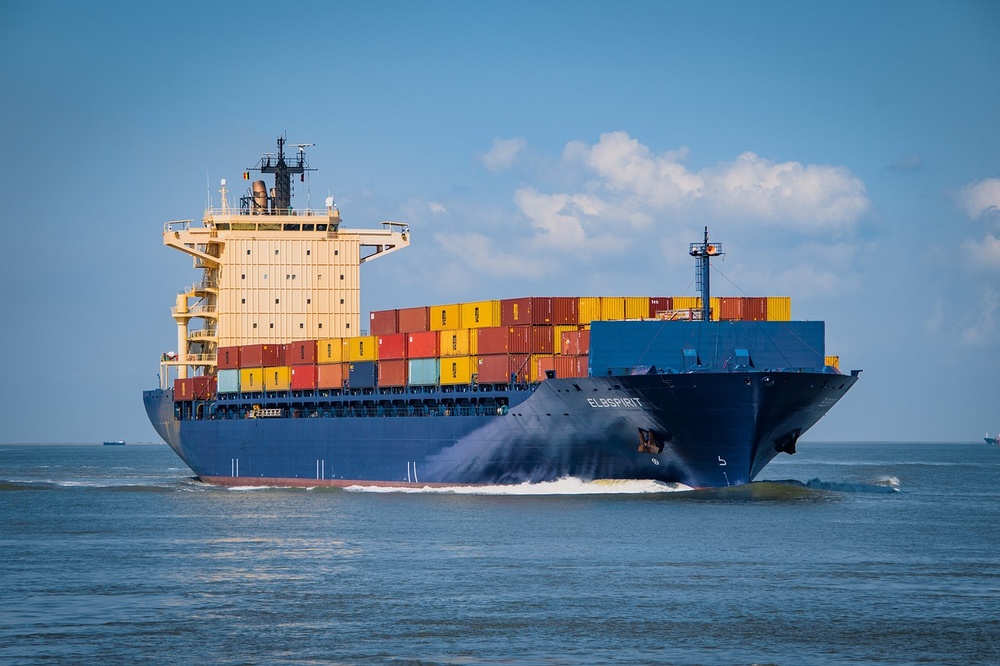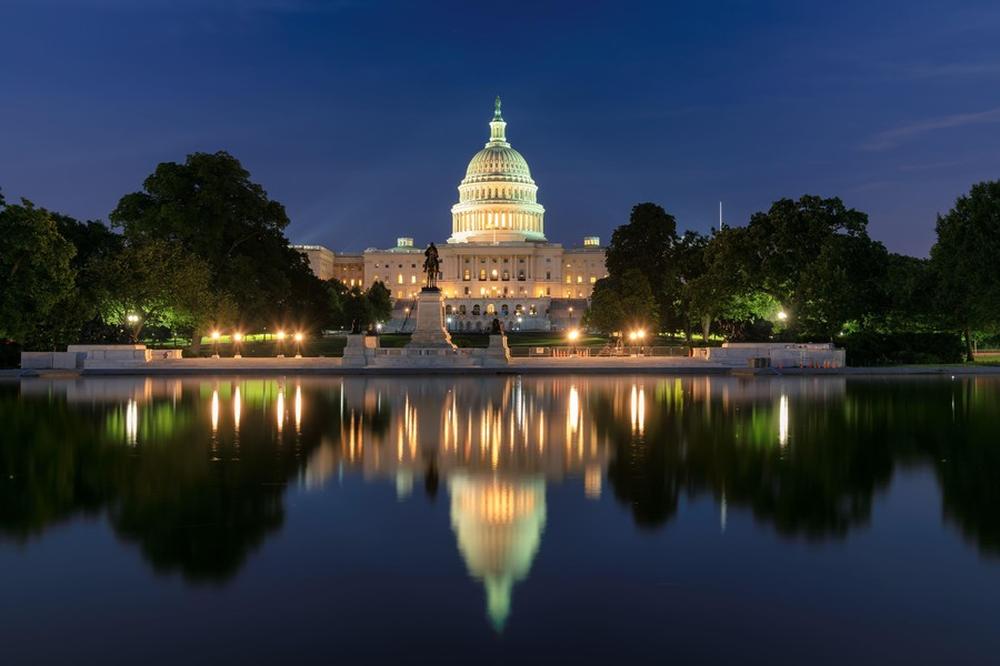- #Economy & Trade
- #US Foreign Policy

►The Trump administration's aggressive trade policies, including tariffs and the renegotiation of the KORUS FTA, significantly disrupted South Korea's key industries, necessitating a whole-of-government approach to address trade and industrial challenges.
►South Korean companies, while responding to U.S. policies like the CHIPS Act and IRA under the Biden administration, now face renewed uncertainties under Trump's potential second term, threatening long-term investments and R&D in advanced technologies.
►To navigate evolving trade dynamics and sustain global competitiveness, South Korea must strengthen industrial policies, enhance public-private partnerships, and secure strategic technological advantages while balancing public support and international relations.
In late November, South Korea’s Ministerial Meeting on Strengthening Industrial Competitiveness was held for the first time in two years to address global trade and industrial challenges triggered by the Trump administration. The meeting expanded its scope from six ministries to eleven, elevating its response to a whole-of-government approach. Newly included were the Ministries of Science and ICT, Culture, Sports and Tourism, Health and Welfare, Environment, Land, Infrastructure and Transport, and SMEs and Startups. This expansion aimed to address technological development, specific industry needs, and infrastructure support, ensuring a more holistic response to industrial challenges.
Key South Korean industries—such as semiconductors, automobiles, batteries, shipbuilding, and steel—are increasingly exposed to direct impacts, deepening concerns. On his first day in office, President Trump plans to impose tariffs of 10% on China and 25% on Mexico and Canada, signaling significant trade changes for South Korean companies operating overseas.
During Trump’s first term, the “Buy American, Hire American” initiative reshaped trade dynamics not only in the context of the U.S.-China trade war but also in South Korea. The Trump administration branded the KORUS FTA as a "job killer" and a "horrible deal," threatening to renegotiate or terminate the agreement, leading to amendment talks in 2017. South Korea secured a deal that prevented further market openings for agricultural products and exempted its steel exports from tariffs, albeit at the cost of concessions in the automotive sector. In 2018, the U.S. imposed safeguard measures on washing machine imports, raising tariffs on foreign products, including those from South Korea, over a three-year period. Under Section 201 of the U.S. Trade Act, these safeguards aim to protect domestic industries from import surges that could cause significant harm, though they are rarely used. Companies like Samsung Electronics and LG Electronics, key targets of this policy, responded by ramping up U.S.-based production.
With "Make America Great Again" as its guiding principle, the Trump administration’s new term is set to advance more aggressive trade policies, supported by the "Red Wave." Focused on revitalizing U.S. manufacturing, countering China's influence, and reducing trade deficits, the administration is expected to intensify its approach. South Korea, as a trade-deficit partner, may encounter diverse measures like tariffs, amendments to the KORUS FTA, and export restrictions, impacting the manufacturing sector as a whole. The appointment of Peter Navarro, a strong proponent of KORUS FTA termination, as Senior Counselor for Trade and Manufacturing Advisor is anticipated to accelerate the implementation of these policies.
Korean companies that ramped up U.S. investments in response to the CHIPS Act and IRA (Inflation Reduction Act) under the Biden administration are now encountering fresh challenges. Between January 2021 and November 2023, the White House reported over $200 billion in Asia-Pacific investments, with Korean firms accounting for more than $55.5 billion. Key projects, touted as Biden administration successes, include Samsung’s $17 billion semiconductor facility in Texas, Hyundai’s $5.5 billion EV plant in Georgia, LG Energy Solution’s $5.6 billion battery plant in Arizona, and SK Hynix’s $15 billion semiconductor expansion.
Although Samsung and SK Hynix were approved for significant CHIPS Act subsidies and tax incentives, final contracts remain pending. President-elect Trump has criticized the CHIPS Act, proposing tariffs as a better strategy to attract foreign factories. Discussions of repealing the IRA’s AMPC and EV subsidies have also emerged, though full repeal is unlikely due to resistance from Republican lawmakers in affected states. Still, reductions in benefits appear imminent, exacerbating uncertainties for Korean companies. This instability could further discourage long-term investments in R&D, which depend on predictable policy environments.
Paradoxically, the Trump era's "America First" policies and technological hegemony could also present opportunities for South Korea. As the new U.S. administration aims to revitalize manufacturing, South Korea, as an ally and a leading high-tech nation, has a critical role to play. In his first call with President Yoon Suk-yeol following Trump’s election, Trump emphasized the need for South Korea’s assistance and collaboration in supporting the U.S. shipbuilding industry. He highlighted the necessity of working together in areas such as ship exports, repairs, and maintenance. Through investments by South Korean companies, the U.S. not only gains access to advanced shipbuilding capabilities but also benefits from job creation. Beyond the shipbuilding sector, collaboration with South Korean firms is indispensable for restoring America’s global leadership in manufacturing.
In addition, the Trump administration’s anticipated support for Mars exploration represents another avenue for collaboration. SpaceX, aiming for a manned Mars mission by 2030, has gained renewed optimism with Trump’s election, which could lead to substantial backing for private space ventures. For South Korea, this presents a chance to strengthen its presence in the global space industry, especially as some South Korean firms are part of SpaceX’s supply chain. However, Trump's "America First" policies may complicate cooperation with foreign companies in areas such as component supply, introducing uncertainty to this potential partnership.
The trade challenges posed by the Trump administration highlight the urgent need to enhance South Korea’s trade negotiation capabilities. Yet, a more fundamental industrial response is equally critical to ensure long-term resilience. Although the Biden administration has pursued subsidies and the Trump administration prioritized tariffs, both strategies share a common goal: driving U.S. economic growth and job creation through advanced technologies. To gain leverage in such an environment, it is vital to secure strategic technological and industrial advantages. Amid heightened concerns over economic security and supply chain disruptions during the COVID-19 pandemic, the importance of innovative technologies becomes even more pronounced under Trump’s tariff-driven policies.
The growing importance of advanced technologies and innovation in shaping national futures has reignited interest in industrial policy. While global competitors actively utilize subsidies, tax incentives, and financial support, South Korea remains focused on indirect forms of assistance.
The “K-Chips Act,” which emphasizes semiconductor facility investments and R&D tax credits, is set to expire this year. In comparison, the U.S. provides a 25% tax credit for advanced semiconductor facilities, including R&D, while South Korea offers only 1% for R&D facilities and 15% for general facilities. Although discussions are underway to raise tax credit rates and extend the policy, the government’s proposals remain below industry expectations. The industry is advocating for a 5-to-10-year extension, but the government is standing firm on a three-year extension to maintain stable tax revenue. The current policy has provided limited incentives, raising concerns about South Korea's ability to maintain its global competitiveness in semiconductor manufacturing.
South Korea’s hesitation to adopt a more robust industrial policy stems from concerns about being seen as favoring large corporations, leading to a lack of public consensus on its necessity. For industrial policies to effectively support innovative industries, it is essential to establish their economic and social legitimacy. Policies should also be crafted with careful consideration to minimize adverse effects, such as market distortions or international tensions. To adapt to shifting trade dynamics, South Korea should focus on strengthening public-private partnerships and prioritizing strategic innovation to sustain its economic resilience and global competitiveness.
Yun Kyung Kim is an Assistant Professor at the School of Northeast Asian Studies, Incheon National University. She holds a B.A. in Economics from Yonsei University and an M.A. and Ph.D. in Economics from Columbia University. Previously, she worked as a research fellow at the Korea Economic Research Institute, where she also served as the Director of the Corporate Research Division and the Head of the Business Analysis Team. Her research focuses on corporate policy, finance, and governance. She actively participates in government committees and bridges academia and industry through applied research.

